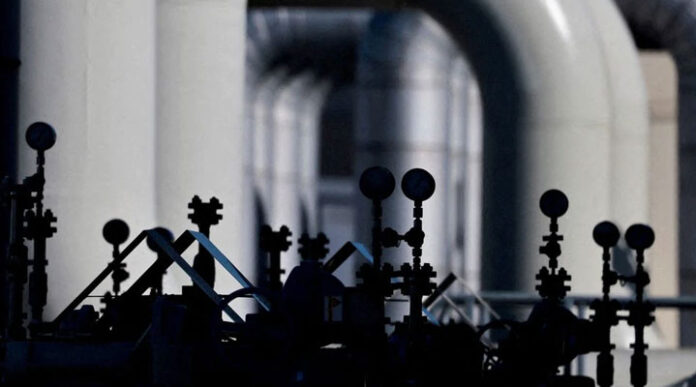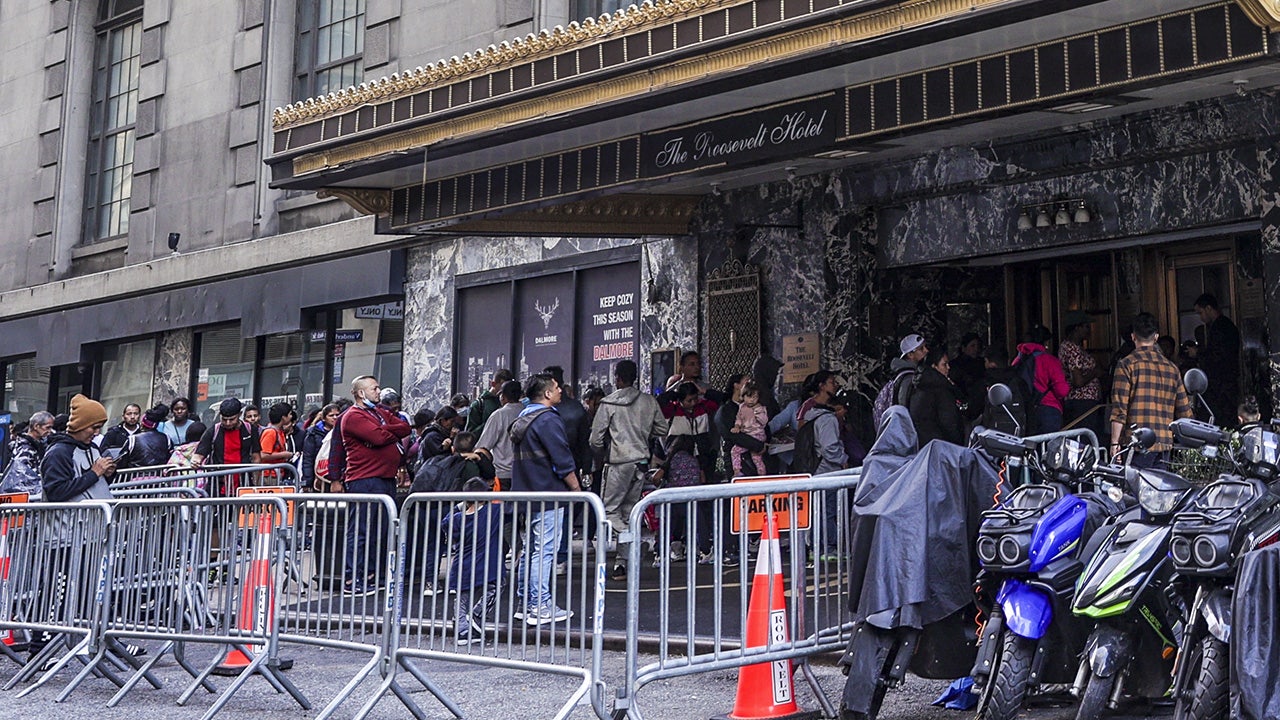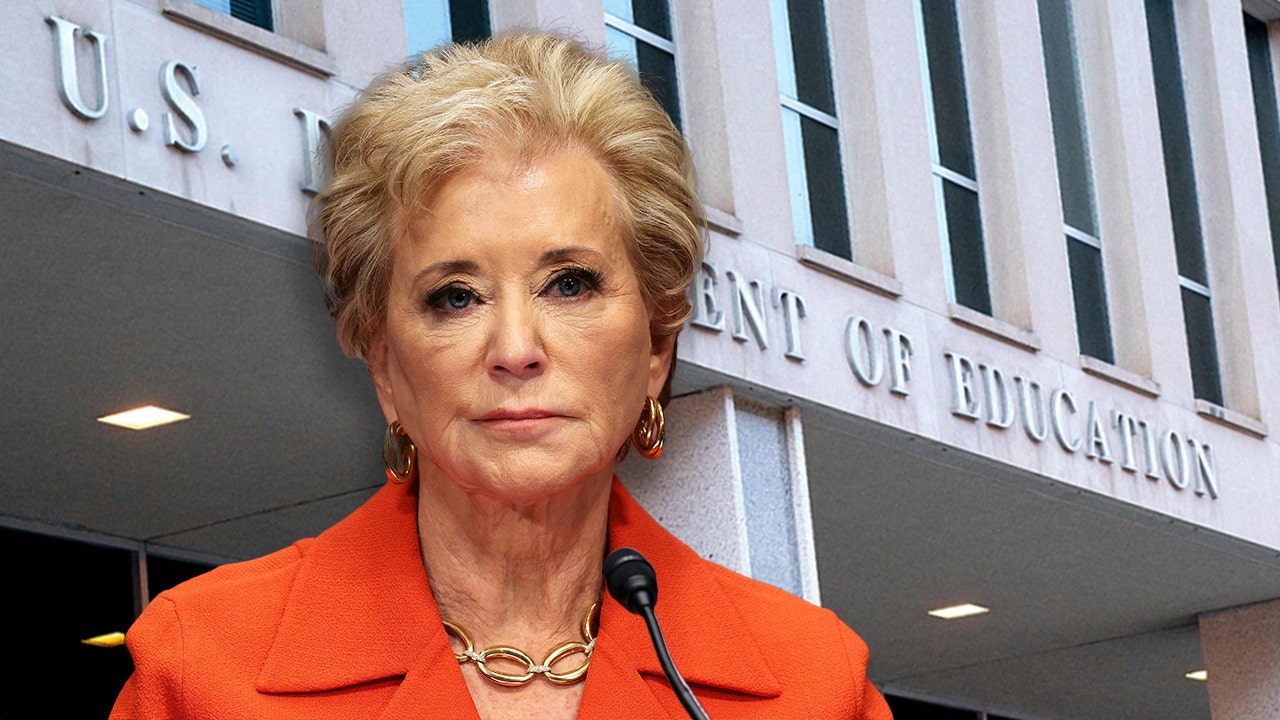Russia is planning a “decisive energy blow on all Europeans,” according to Zelenskiy.
In a blow to Europe, Russia has delayed the reopening of the pipeline.
According to the IAEA, the line at the Zaporizhzhia plant is down, but the backup is operational.
Ukrainian President Volodymyr Zelenskiy has warned Europeans that the Russian assault on his country will result in a reduction in Moscow’s oil and gas exports.
On Saturday night, Zelenskiy spoke after Moscow shut down a major pipeline that supplies Russian gas to the continent.
In his daily video address, he said, “Russia is preparing a decisive energy blow on all Europeans this winter.”
Moscow has blamed the energy outages on Western sanctions imposed in response to its invasion of Ukraine, as well as technical issues. European countries that have provided diplomatic and military support to the Kyiv government have accused Russia of weaponizing energy supplies.
Some analysts believe that as winter approaches, shortages and an increase in living costs will sap Western support for Kyiv as governments try to deal with disgruntled citizens.
Last week, Moscow announced that the Nord Stream 1 pipeline, its main gas pipeline to Germany, would remain closed, and the G7 countries announced a planned price cap on Russian oil exports.
The Kremlin has stated that it will stop selling oil to any country that implements the cap.
German Chancellor Olaf Scholz said on Sunday that his government had planned a complete shutdown of gas deliveries in December, but that his country would make it through the winter.
“Russia is no longer a trustworthy energy partner,” Scholz said at a news conference in Berlin.
ZAPORIZHZHIA POWER LINE DOWN
U.N. inspectors reported on Saturday that the Russian-occupied Zaporizhzhia nuclear plant in southern Ukraine had lost external power.
According to the International Atomic Energy Agency (IAEA), the last remaining main external power line was cut off, but a reserve line continued to supply electricity to the grid.
According to the company, only one of its six reactors was still operational.
The plant was seized by Russian troops shortly after President Vladimir Putin dispatched his army across the border on February 24 and has since become a flashpoint in the conflict.
Each side has blamed the other for shelling in the area, which has raised fears of a nuclear disaster.
According to a Russian-installed administration official in Zaporizhzhia, the situation around the plant has been calm so far on Sunday.
The official, Vladimir Rogov, told Komsomolskaya Pravda radio that there had been no shelling or incursions. Russia has accused Ukraine twice in the last two days of attempting to seize the plant. Ukraine claimed that Russia had attacked the area.
IAEA experts are expected to remain at the plant until at least Monday, according to Rogov.
Last week, an IAEA mission toured the plant, which is still run by Ukrainian workers, and some experts have remained there pending the release of an IAEA report.
According to a statement issued by the plant on Saturday, the fifth reactor was shut down “as a result of constant shelling by Russian occupation forces,” and there was “insufficient capacity from the last reserve line to operate two reactors.”
Zelenskiy has blamed Russian shelling for the August 25 cutoff, which was the first time Zaporizhzhia was disconnected from the national grid, narrowly avoiding a radiation leak. This shutdown resulted in power outages throughout Ukraine.
Ukraine and the West accuse Russia of stockpiling heavy weapons at the site in order to deter Ukraine from attacking it. Russia, which denies possessing such weapons, has resisted international calls to relocate troops and demilitarise the area.
On other fronts, Ukrainian Telegram channels reported explosions near the Antonivsky bridge, which is under Russian control near the southern city of Kherson.
The bridge had been severely damaged by Ukrainian missiles in recent weeks, but Russian troops were attempting to repair it or set up a pontoon crossing or barges to keep supplies flowing to Russian units on the Dnipro river’s right bank.
Ukraine launched a counter-offensive last week, focusing on the south, particularly the Kherson region, which the Russians seized early in the conflict.





